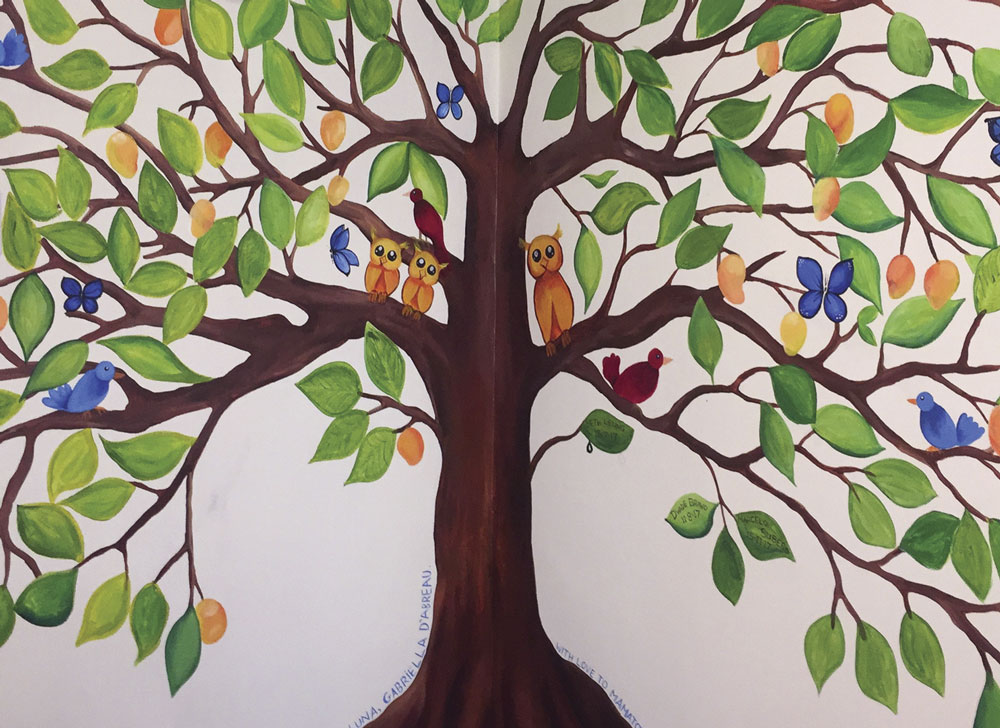Their scent and the snug fit of your finger in their tiny hands tug at your heartstrings. Their bright eyes captivate and cast you into a spell of baby babble. But before you know it, mum and dad are reaching back for their infant, and you’re left longing.
Many adults enjoy the process of conceiving a baby. Better yet are the adoration and joy that consume you when you hold a newborn. But the journey to their debut requires utmost prudence.
The twentieth century was a new era of medicine. Healthcare became more accessible, medical procedures rapidly advanced, and stricter health regulations were enforced. In the Caribbean, childbirth at home assisted by midwives — or granny midwives — became a rare event. Hospital deliveries replaced them, with midwives working alongside physicians in maternity units.
But as much as hospitals provide an enhanced experience, many mums-to-be still desire a more nurturing atmosphere that feels — and looks — like home. This ambiance, coupled with strong physical and emotional support, is said to make the birth process smoother. Determined to be in control of their bodies and labour, today’s expectant mums create and engage in online support forums, and some seek alternatives. Natural birthing centres shine like a beacon. They’ve also been instrumental in converting women who were once apprehensive about labour.
In Swahili, “mamatoto” means “mother baby.” The concept is that they function as one: whatever affects mum directly impacts baby. The Mothers and Midwives Alliance of Trinidad and Tobago — more commonly known as Mamatoto — are firm advocates of this philosophy. Mamatoto is currently the only freestanding birthing centre in the English-speaking Caribbean, but they weren’t always alone. For over ten years, Barbados had a private facility called the Family Birthing Centre. Lacking support, it eventually closed in 2011. But this hasn’t deterred some Barbadians. A charity called Better Birthing in Bim, focused on creating positive change for childbirth, is aiming to launch a non-profit birthing centre with a focus on water births. Midwife and advocate Andrea Jordan admits they’re hoping to follow the Mamatoto model.
Mamatoto is an NGO focused on principles of education and safety. Owned and operated by midwives with the assistance of doulas, they enlighten expectant mothers with the resources they need to make informed decisions about childbirth. Even if you don’t intend to use the centre for your birth, they impart information enabling you to ask appropriate questions at your doctor’s office or hospital visit. The centre offers free childbirth classes, prenatal yoga classes, breastfeeding support, postnatal support, a fathers’ group, and other programmes. Midwives and interns from around the world have also made this centre a stepping-stone in their career.
Pregnant women find a relaxed, comfortable “mother-friendly” environment. As you enter the Mamatoto foyer, you can’t help but feel settled. A tree of life mural covers the walls and bears the names of Mamatoto children. Blue droplets indicate water births, small red houses symbolise babies born on the way or in some instances in the Mamatoto driveway, and green leaves illustrate the over three hundred babies who’ve been delivered at the birthing centre. There are bedrooms with queen-size beds and light dimmers, a kitchen, a recreational area — it’s literally a home away from home, but with a few Jacuzzis. Expectant mums can eat, drink, walk around, and use the tub or shower during labour, too. Additionally, the baby’s father and other loved ones are welcome in the labour rooms. Because birth centres are focused on the holistic relationship between mum and baby, there is no separation of child from mother after the delivery, either. Babies are placed on mummy for that skin-to-skin connection, and breastfed almost immediately.
Birthing centres like Mamatoto emphasise low to no use of medical intervention, such as epidurals and enemas. “Medication affects your birth, mind, and hormones,” says co-founder Marilyn Stollmeyer. She adds, “If you aren’t numbed, you can feel the passage of the baby, consequently making the birth a little easier through your own movement.” And each freestanding birthing centre follows very strict criteria to ensure safety — therefore, expectant mums with multiple births (such as twins), or medical conditions that may be deemed high-risk, are referred to other medical centres for care.
According to Stollmeyer, mummies-to-be can rock on birth balls, have a nice massage, be calmed by the scent of aromatherapy oils, and if necessary transcutaneous electrical nerve stimulation (TENS) can be applied for pain management. A confidence boost from your doula and partner always helps, too.
No one knows your body better than you do. Education, empowerment, and support seem to be key. Once you’ve had a positive birthing centre experience, chances are you’ll prefer to have your future babies delivered at one.
For more information, visit mamatoto.net




















